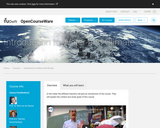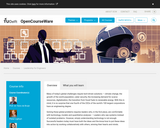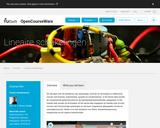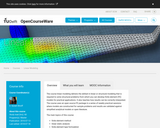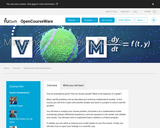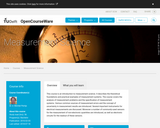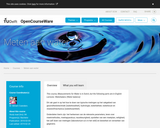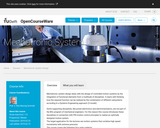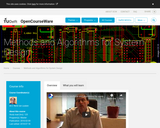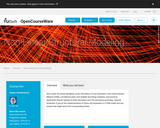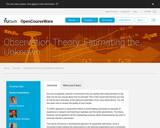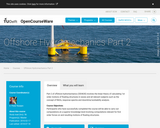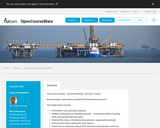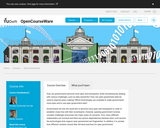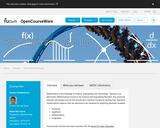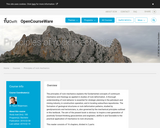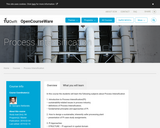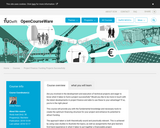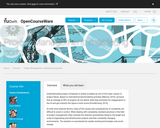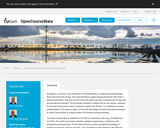
Groningen, a province in the northeast of the Netherlands, is experiencing earthquakes due to the extraction of gas. This phenomenon is called induced seismicity. But what is induced seismicity? And how can the risk to life safety and the consequences for the built environment be reduced? The Groningen situation is unique and for this reason, solutions for the built environment cannot simply be copied from abroad. To contribute to a basic understanding of the various topics in this field, knowledge lectures have been developed as Open Course Ware by a large number of scientists and practitioners.
This Open Course Ware is initiated by TU Delft in cooperation with Arup, TU Eindhoven and TNO. This public and private initiative combines engineering, architecture and management perspectives. The 30 video lectures provide conceptual knowledge of seismicity and basic seismic concepts. This knowledge is then related to the different structures and their behaviour under seismic loading. Finally, in the last theme more procedural knowledge will be outlined, related to the multidisciplinary challenges in Groningen.
- Subject:
- Applied Science
- Engineering
- Material Type:
- Full Course
- Provider:
- Delft University of Technology
- Provider Set:
- Delft University OpenCourseWare
- Author:
- prof.dr.ir. J.C. Paul
- prof.dr.ir. J.W.F. Wamelink
- Date Added:
- 03/07/2019
